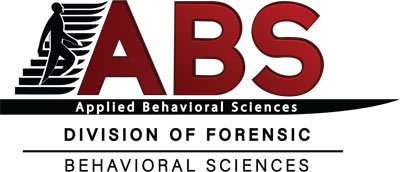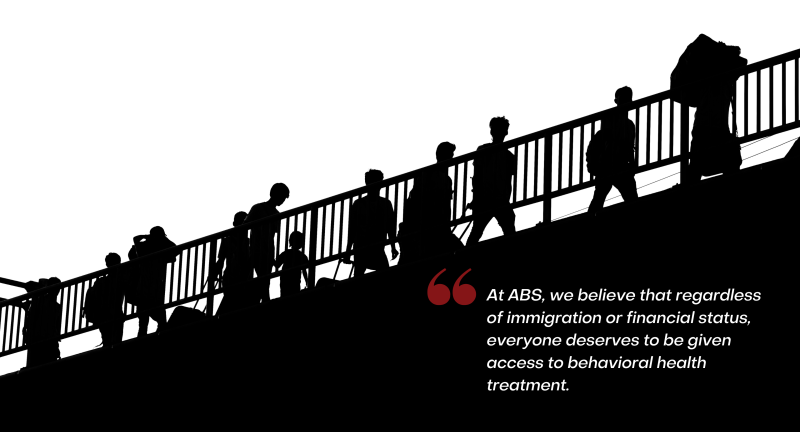
How to resolve allegations of abuse or neglect. Family Court and Child Welfare: A Journey of Self-Reflection and Growth
In the shadows of life’s complexities, facing allegations of abuse or neglect and undergoing scrutiny by the child welfare system can be one of the most harrowing experiences a parent can endure. The open case in Family Court, coupled with the constant monitoring, can evoke a whirlwind of emotions – from feeling harassed to being engulfed in shame and defensiveness. It’s a scenario where one’s parenting skills are not just questioned, but starkly challenged.

Embarking on this journey, it’s not uncommon to feel falsely accused. The notion that someone could question your abilities and intentions as a parent strikes at the very core of your identity. The embarrassment and defensiveness that follow are natural reactions, yet they often cloud the potential for personal growth and understanding.
It’s crucial to recognize that while these proceedings may seem invasive or unfair, they are, in most cases, rooted in a system’s commitment to ensure the safety and well-being of children. This realization does not mitigate the discomfort, but it can provide a perspective that transforms a defensive stance into one of openness to self-improvement.
The idea of humbling oneself isn’t about admitting guilt or conceding to accusations; it’s about recognizing that all of us, regardless of our situation, have room for growth. Engaging in sincere self-reflection allows one to evaluate personal strengths and weaknesses. This process, though challenging, can be immensely rewarding.

Being open-minded to the suggestions made by state social workers and court officials is another crucial step. Often, these professionals recommend programs aimed at personal improvement, such as anger management, parenting courses, domestic violence prevention, mental health counseling, or various forms of therapy. While initially, these suggestions may feel like impositions or judgments, they offer valuable opportunities for learning and personal development.
Participating in these programs does not imply that one is deficient or failing as a parent; rather, it shows a willingness to embrace personal growth for the betterment of oneself and, importantly, for the children involved. Consider that no harm can come from acquiring new skills or insights – the outcomes are inherently positive.
Moreover, engaging actively and openly with these resources often positively influences the perception of your commitment and responsibility in the eyes of the court and welfare systems. It demonstrates a proactive approach to addressing concerns, which can be beneficial in legal and personal contexts.
Navigating the family court system and child welfare scrutiny can feel like a relentless storm. But within this storm lies an opportunity for personal transformation and growth. By embracing humility, open-mindedness, and a commitment to self-improvement, this challenging journey can lead to a more profound understanding of oneself as a parent and an individual. In the end, the journey is not just about navigating the legal and social challenges but about emerging stronger, more aware, and better equipped to face the complexities of parenthood and life.

For those navigating the challenging waters of Family Court proceedings and child welfare monitoring, seeking support and guidance is not just beneficial; it’s often a turning point. This is where Applied Behavioral Sciences (ABS) comes into the picture as a beacon of hope and transformation. At ABS, individuals can access a range of therapeutic services specifically tailored to address issues such as anger management, parenting difficulties, and other personal challenges that might impact family dynamics.
ABS has built a reputation for excellence in providing evidence-based therapeutic interventions. Their approach is grounded in cognitive behavioral therapy (CBT), which is known for its effectiveness in bringing about meaningful and positive change in behavior. For parents grappling with allegations of neglect or abuse, or those simply seeking to enhance their parenting skills, ABS offers a supportive and non-judgmental environment where they can learn, grow, and evolve.
The success stories emanating from ABS are both inspiring and profound. Thousands of individuals have walked through their doors feeling overwhelmed, misunderstood, and often hopeless, only to emerge as significantly improved parents and, more importantly, as better, more self-aware individuals. The transformative journeys experienced at ABS are not just about meeting the requirements of a court case or appeasing a social worker; they’re about profound personal growth and self-improvement.
Many clients of ABS express deep gratitude for the support and guidance they received. They often share how the journey of working on themselves, though challenging, has been incredibly rewarding. The skills and insights gained through ABS’s programs have enabled them to foster healthier family relationships, manage their emotions more effectively, and approach parenting with increased confidence and competence.

For anyone interested in embarking on this journey of personal betterment and family healing, accessing ABS’s services is straightforward. A visit to their website, Applied Behavioral Sciences, provides an entry point to a range of resources and programs tailored to meet diverse needs. The site outlines the various therapeutic options available, offers insights into their approach and methodologies, and provides easy ways to get in touch and begin the process of change.
ABS’s commitment to helping individuals and families overcome challenges and improve their lives is evident in the positive outcomes and testimonies of those who have utilized their services. By providing a supportive environment focused on personal growth and development, ABS plays a crucial role in helping many navigate their way to becoming better parents and better individuals. The journey may be demanding, but the rewards of personal betterment and family harmony are immeasurable.
Related Posts
Undocumented Immigrants with Behavioral Health Issues Left Untreated
An estimated 45% to 71% of the 11.3 million undocumented immigrants...
10 Effective Ways to Motivate Someone to Quit Marijuana
Quitting marijuana can be a challenging journey for many, but with the right...


